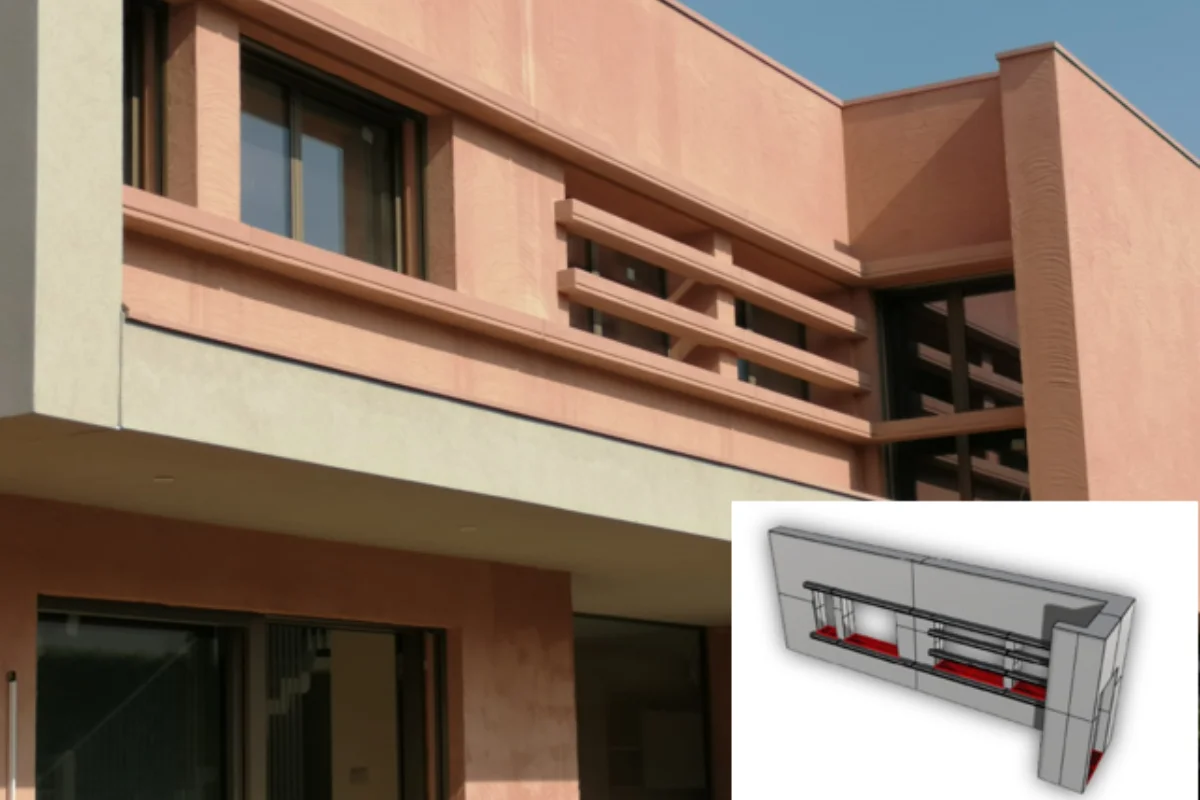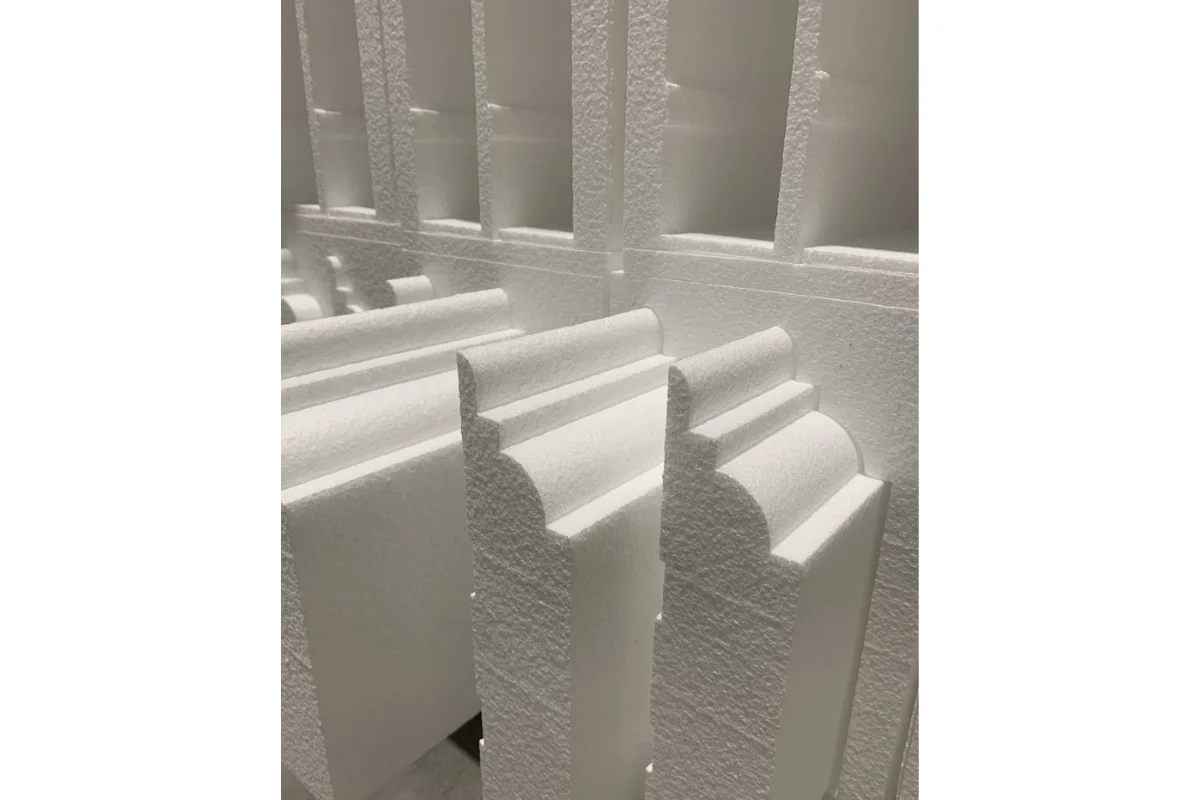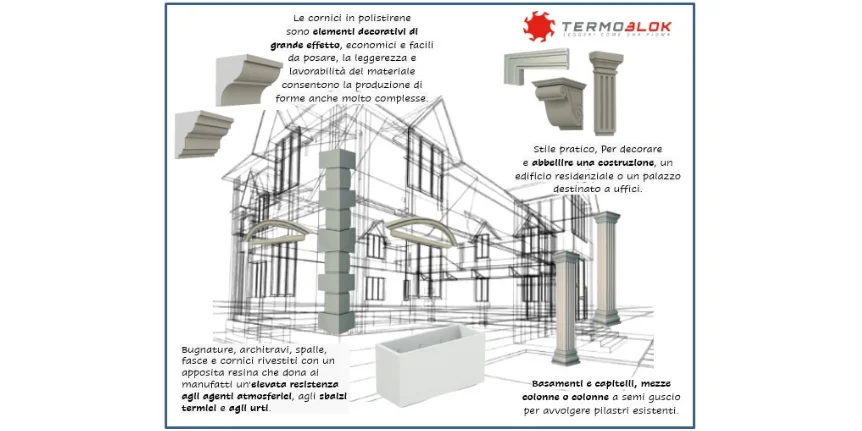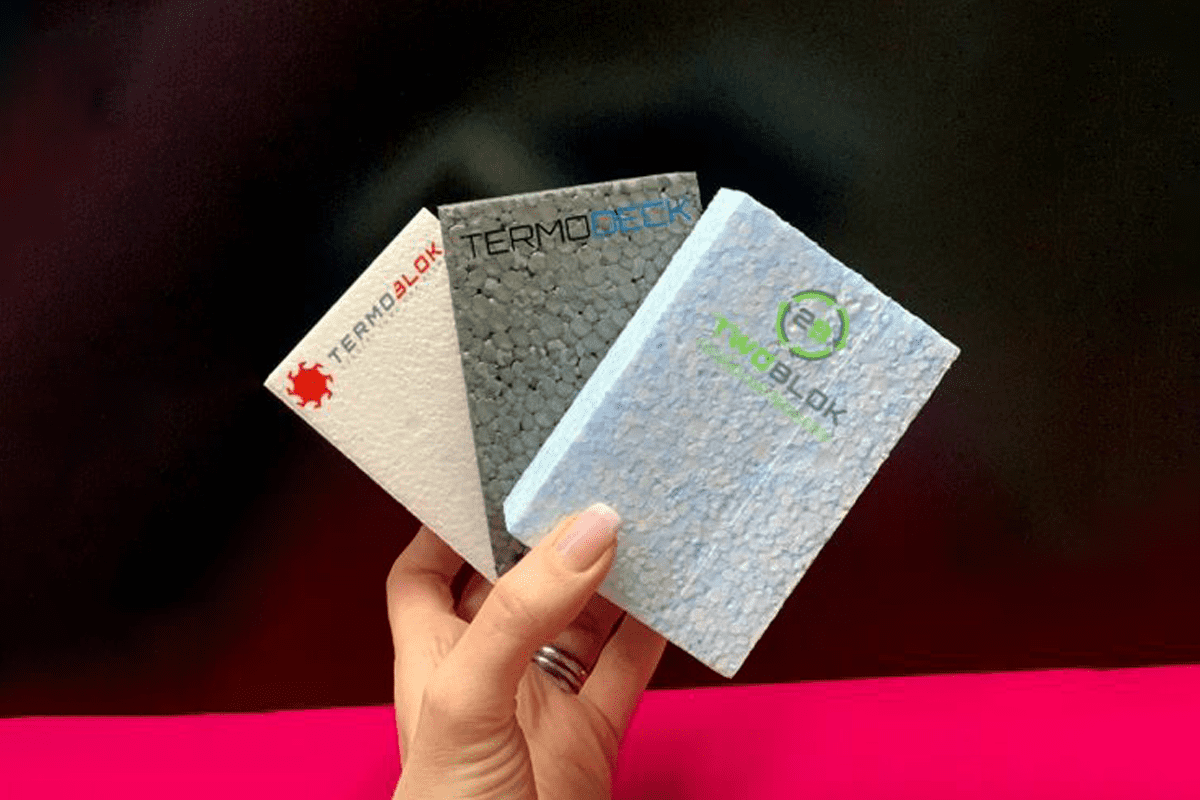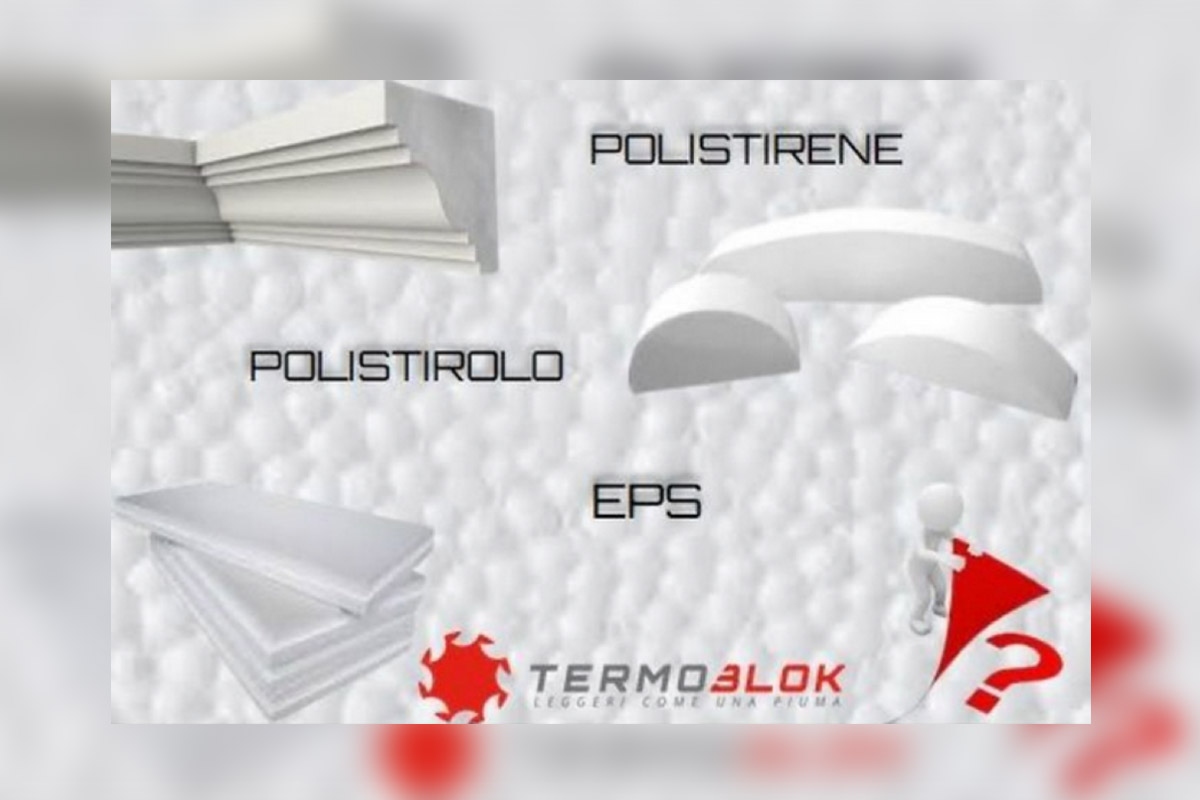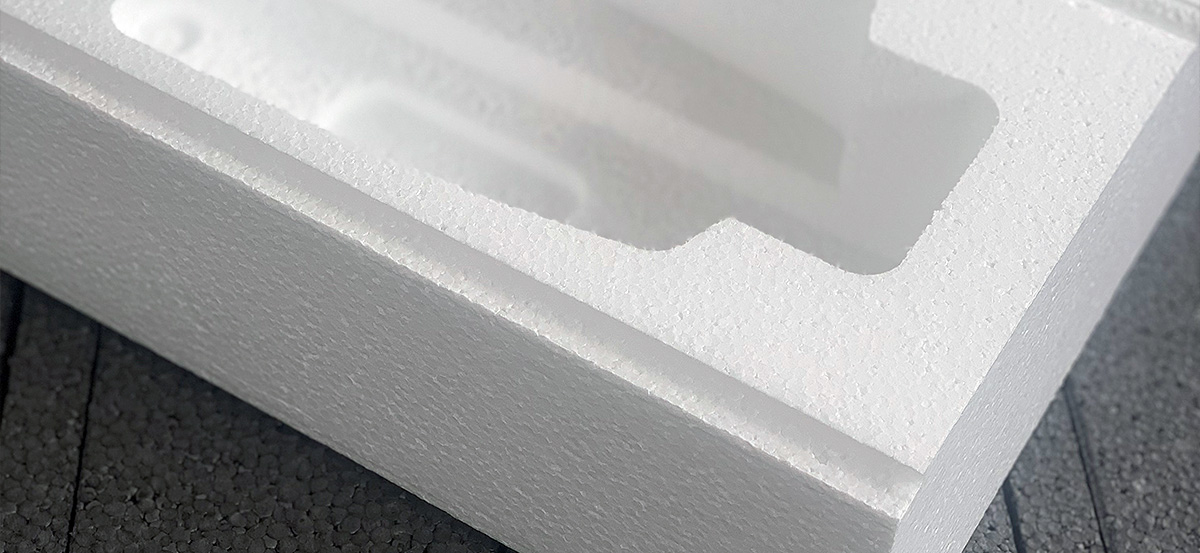Polystyrene: a winning choice!
The equation is no longer thinkable:
natural product = ecological product
synthetic product = non-ecological product
There are many aspects that affect the environmental sustainability of a given product: the raw material used, the energy consumption created during production and processing, the final stages of use and recovery, and the final recycling.
#Synthetic material valued for its physical and chemical stability, expanded polystyrene unlike some natural products being free of harmful gases is completely #toxic and poses no danger to environmental hygiene.
#Cited in numerous researches for its environmental cost/performance ratio EPS saves much more energy than its production consumes.
It is quite interesting to find an environmentally friendly substitute for polystyrene, in terms of sustainability, but also commercially speaking; however, the versatility of EPS is increasing, offering endless solutions in the packaging sector as well as a protagonist in both the industrial and food sectors.
Published on 27 Nov 2023








